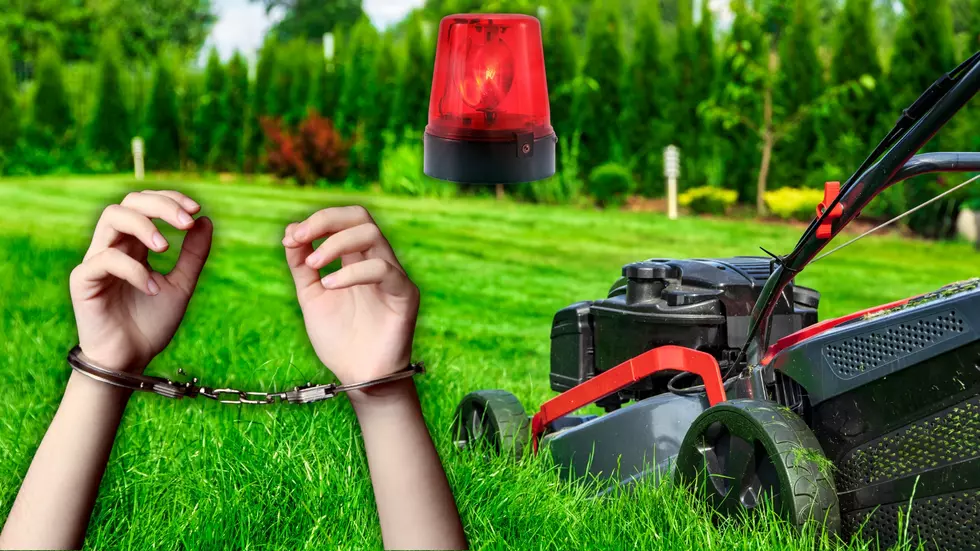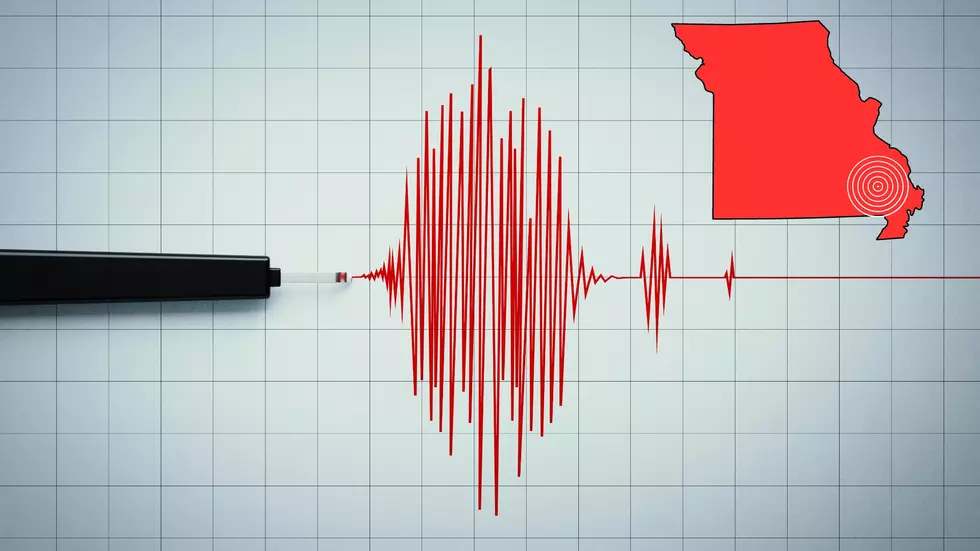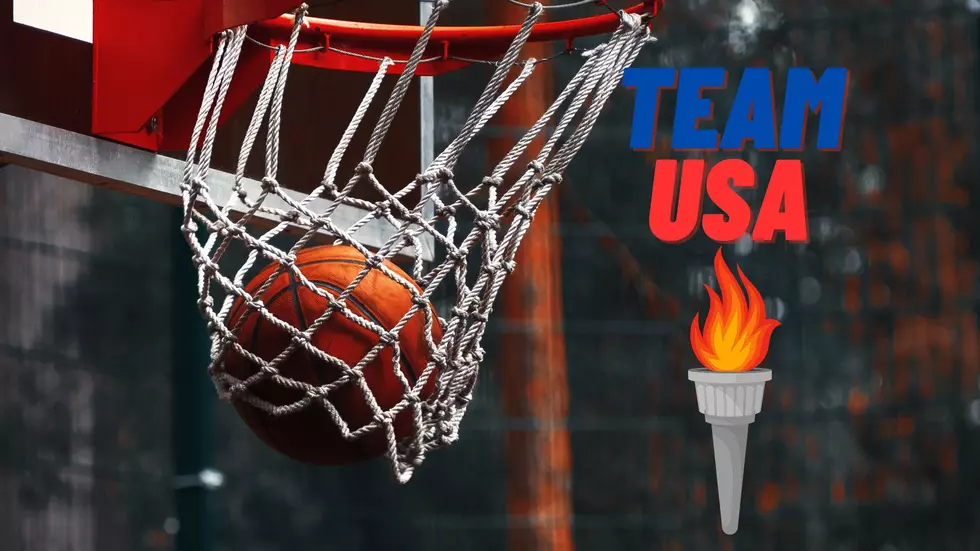
Hannibal Celebrates Global Peer Support Celebration Day
Peer supporters will take time to celebrate their hard work and dedication to their peers on Thursday, October 18, 2018, during the fourth annual Global Peer Support Celebration Day (GPSCD) event. Preferred Family Healthcare currently has three peer support specialists – Bruce Charles, Michaela Horman, and Anthony James.
Bruce Charles has been a peer support specialist for over nine years. He was one of the first in the state of Missouri to be certified. He recently was invited by the Missouri Credentialing Board (MCB) to become a train-the-trainer for peer specialists. He is and has been instrumental in developing and implementing the Dual Recovery Anonymous (DRA) groups in Hannibal. Michaela Horman has been a certified peer specialist for PFH for three years. Michaela is known and respected by PFH staff and her peers as being accepting of others and meeting them where they are at in their stage of recovery. Anthony James has recently been given the opportunity to become a peer specialist for PFH and has already impacted people who he has come in contact with. All three have been an integral part of the process for those in recovery in PFH services.
GPSCD is a day for peer supporters (also known as peer workers or peer providers) from across the globe to reflect on and celebrate the important role he/she plays in helping their peers who are struggling with mental health, addiction, and or trauma-related challenges move along the continuum of recovery and inclusion into communities of his/her choosing. In addition, the event increases public awareness of peer supporters, the services they provide (and do not provide), how they impact the lives of countless seniors, adults, children, adolescents, and families within the health and human services industry, and how their shining example of recovery, in the places where these services are delivered is a beacon of hope for those they serve.
Peer supporters are individuals with ‘lived experience.’ Their lived experience equates to the old adage, “been there, done that!” ideology. Peer supporters are role models, share wisdom, and experiential knowledge they gained during their own road to recovery. Because peer supporters understand what it is like to move through the devastation and stigma often associated with having a mental illness, addiction, and or trauma-related challenge, and move toward, into, and beyond recovery their first-hand knowledge and unique perspective empowers their peers to envision possibilities. Peer supporter’s use their personal experiences to provide support (known as peer support) to their peers by empowering them to make informed decisions about their personal lives, treatment options, and helping them strive to reach their goals.
Peer supporters work in a variety of mental health, addiction, and primary care facilities, such as inpatient and outpatient clinics, hospitals, crisis centers, emergency rooms, nursing homes, residential treatment facilities, government sponsored agencies, such as the Veteran’s Administration (VA), and in correctional facilities, such as jails and prisons.
This valuable service is important because this type of social support results in psychological and physical health benefits for both the receiver and provider. Peer support relies on a non-hierarchical, reciprocal relationship that fosters understanding and trust between peer supporters and their peers and among populations who otherwise may be alienated from or have poor access to mental health and or addiction services.
Peer support is voluntary, but usually frequent and ongoing, and accessible, flexible, culturally sensitive, and peer-focused. In other words, peer supporters are available, yet guided by the wants and needs of the individuals who seek their support. Peer support can take many forms – phone calls, text messaging, group meetings, home visits, going for walks together and even grocery shopping. It complements and enhances other mental health and addiction services by creating the emotional and social support and practical assistance necessary for persons with mental health, addiction, and or trauma-related challenges manage their disorders and stay healthy.
Peer support has existed in the mental health and addiction fields for decades. Growth in the field has expanded in the United States, Canada, and the world in recent years. Research shows that peer supporters have a transformative effect on the peers they serve, other mental health providers (therapists, psychologists, and psychiatrists), and the mental health systems that employ them.
According to Mental Health America and Peers for Progress, peer support is a “critical and effective strategy” for ongoing physical, mental, and addiction healthcare, and a proven approach for sustained behavior change for persons with these disorders, and for people with chronic diseases and other conditions. Furthermore, the benefits of peer support extend beyond individuals with these challenges by creating change, increasing awareness, and reducing stigma in neighborhoods, communities, organizations, systems, social groups, and other public gathering and forums.
More From KHMO-AM 1070, News-Talk-Sports






